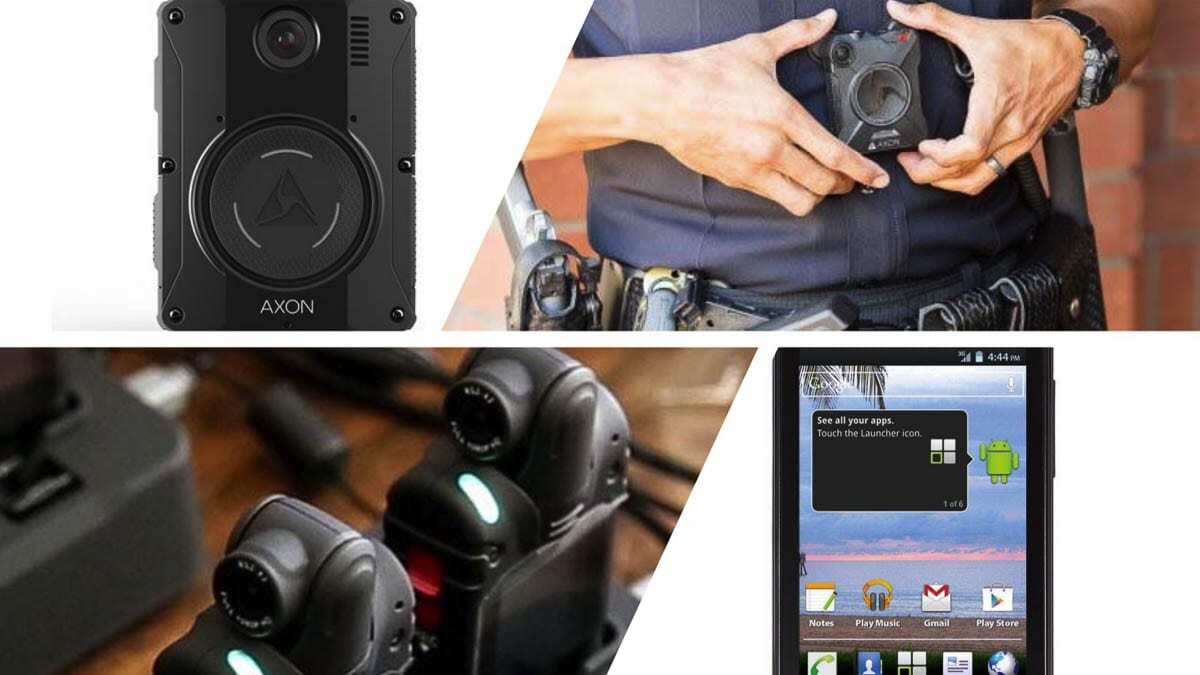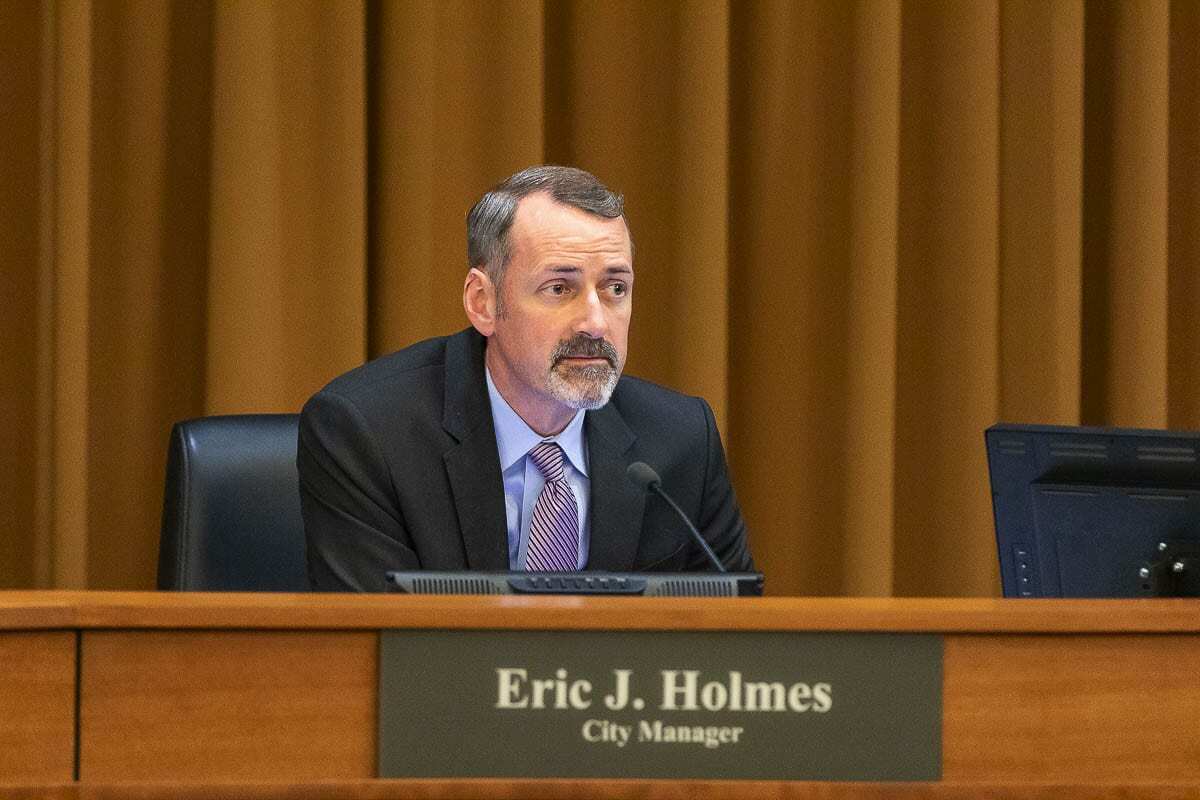No estimate on the cost of the program was provided at a meeting this week
VANCOUVER — For the first time, Vancouver City Council members heard a potential timeline on when a camera program for police officers in the city could be officially launched.

During an update this week, City Manager Eric Holmes said a work force agreed to prioritize the camera program as part of their work overseeing implementation of use of force policy changes, recommended following an outside review in late 2019.
Holmes said the city is also considering a more comprehensive camera program than previously envisioned, including body worn cameras for officers, dash cameras on vehicles, as well as cameras in the back seat of squad cars.
“We do have the preliminary camera system features scoped out,” Holmes told the councilors at their Monday meeting, “which is a critical part to be able to prepare our request for proposals from vendors.”

The current timeline, said Holmes, could see the full program rolled out by April of 2022. That would include a 60-day training and testing period for whichever system is ultimately selected.
“The approach that we’ve taken here is to be in a position where we can over deliver, and to be realistic about the environment that we are working in,” said Holmes in response to a question from Councilor Sarah Fox about whether the rollout timeline could be moved up.
Holmes added that the city still needs to work through how the camera program would be implemented into collective bargaining with the two police unions, as well as a civilian union that represents employees in the records division which would need to handle sensitive public records requests of video clips.
The city had previously anticipated the body worn camera program would cost an estimated $1.5 million to implement. Holmes didn’t detail whether the expanded program would cost more, or how much extra the city was prepared to spend.
He did note that a number of new positions would be needed, including technology specialists to train officers in use of the system, a high-level public records person to handle requests for videos, and staff in the city attorney’s office to determine what information would be subject to public records requests and which would be protected.
The work force handling recommendations from a Police Executive Review Forum report in 2019 would also help to look through proposals, and work through how they could best be implemented.
Community pressure remains high
Studies into body worn cameras were prompted by a series of VPD officer-involved shootings in 2019, but kicked into high gear recently.
Vancouver Police were involved in three officer-involved shootings last year, two fatally, and Clark County Sheriff’s Deputies have shot and killed two black men since last October, inflaming already high tensions in the wake of the death of George Floyd at the hands of Minneapolis police that prompted months of rioting around the country.
Last week, Clark County judge Darvin Zimmerman sparked further controversy when a hot microphone captured him making comments about Kevin Peterson Jr., one of those black men who died during a drug investigation in Hazel Dell last October.
Zimmerman has since been stripped of his authority to preside over Superior Court cases in the county, and has said he will be “taking some time off” after apologizing for his remarks.
Holmes said he is well aware of the community’s desire to see the cameras rolled out quickly, but also urged patience in order to make sure it is done correctly.
“We have seen other agencies elsewhere in the Pacific Northwest where there was a piecemeal rollout of the program,” Holmes said. “And it ended up really causing much more frustration and disappointment, and ultimately a decline in credibility for those departments than if they had taken the time and had a comprehensive launch of the program all at once.”
Holmes said city staff and leadership for Vancouver Police Department will take any avenue available to speed up rollout of the program, “But don’t want to be in a position where we are unreasonably optimistic about our ability to deliver and then in a position where we are disappointing the council or the community later.”
The city would likely put out a request for proposals in April, with selection of a system and testing set for next Summer.
The Clark County Sheriff’s Office has said they are also looking into adopting body worn cameras for deputies, but has not released any cost estimate or timeline for adoption.




